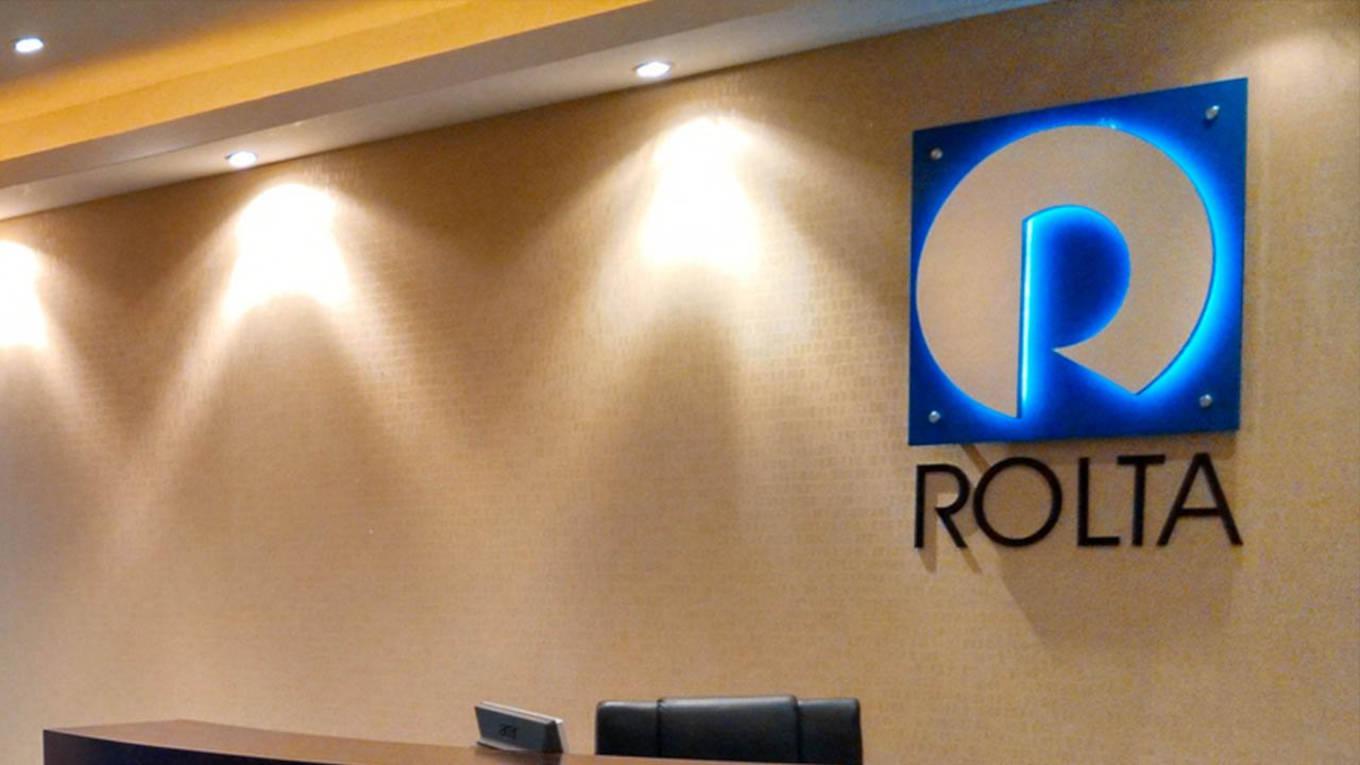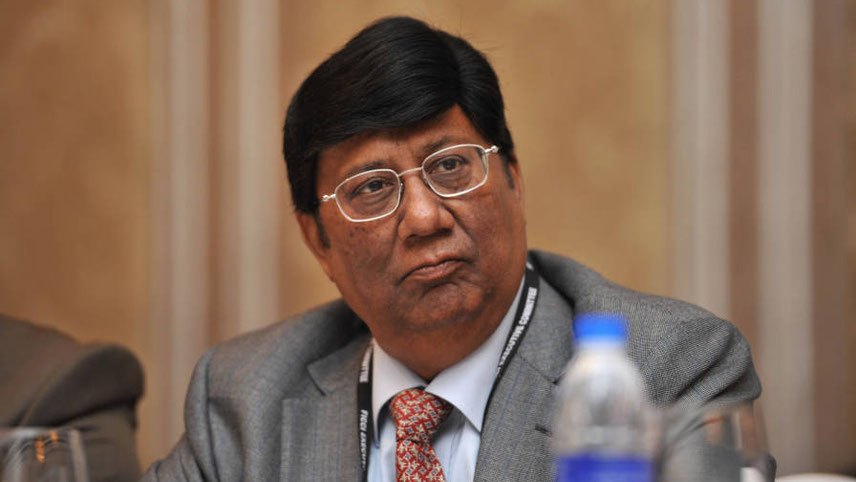In 2015, before he became the president of the US, Donald Trump had famously said in an open Republican primary debate: “I used insolvency laws of the country to my benefit and will not apologise for filing for bankruptcy on my companies, because it is legal”. Trump, as he is known for, was bluffing, considering that deceitful promoters use bankruptcy laws to escape debts and filch investors, shun personal liabilities, avoid paying taxes and sink retail investments. The insolvency mechanism which came to India quite late, (as the Insolvency and Bankruptcy Code (IBC) in 2016, offers a legally tenable framework to deal with companies which are unable to pay their due debts and aims to protect the interests of creditors. In most cases, such promoters, who are called corporate debtors (CD) under IBC, are happy being stripped of their ownership, as they have often invested very little of their own money, while collecting millions of dollars in salary, bonuses and other payments. However, there are cases in which some promoters try their level best to hinder the insolvency process, which is called the corporate insolvency resolution process (CIRP) under IBC on an order from the adjudicating authority (AA), which is the National Company Law Tribunal (NCLT). Such promoters, who have defaulted in heavy borrowings from banks and institutions, not paid employees’ dues, other vendors and government in taxes and other levies try all the means at their disposal to thwart the attempts. The sole objective of such promoters is to get back the debt-ridden company at a cheaper price. “In popular terms, this is called insolvency being gamed by promoters,” says one leading practitioner in the IBC space. “They do not want to pay back their debts while they want to retain the management.” After a CIRP has been ordered, an interim resolution professional (IRP) is appointed and all the powers of the management are stripped off the promoters and given that to a professional. Getting more credit With CIRP having little option left to recover the dues, creditors would be forced to rework the debt and they would be able to get more credit to continue with their operations. “So, they try to ensure that the CIPR order is reversed in their favour and the IRP has to go back,” the practitioner adds. One classical example of such a case is information technology company Rolta India Ltd (RIL) and how its main promoter owner Kamal K. Singh tried to obstruct the insolvency process for an unbelievable record three times in five years, till the latest CIRP has been launched. RIL owes several banks, institutions, foreign investors, employees and other creditors to the tune of Rs17,000 crore and has foiled the insolvency process since 2018, when NCLT first ordered a CIRP on a petition of Union Bank of India (UBI) for default of Rs1,413 crore. An IRP was appointed and he tried to take over the management, however, Singh went up to the Supreme Court (SC) on a technical point based on an RBI circular, which stipulated that an entity could be labelled as a non-performing asset (NPA) only if it defaulted to the tune of over Rs2,000 crore and can be referred to NCLT after six months. Singh was able to get a reprieve in his favour and the CIRP was halted.
-

Rolta: losing its sheen


































